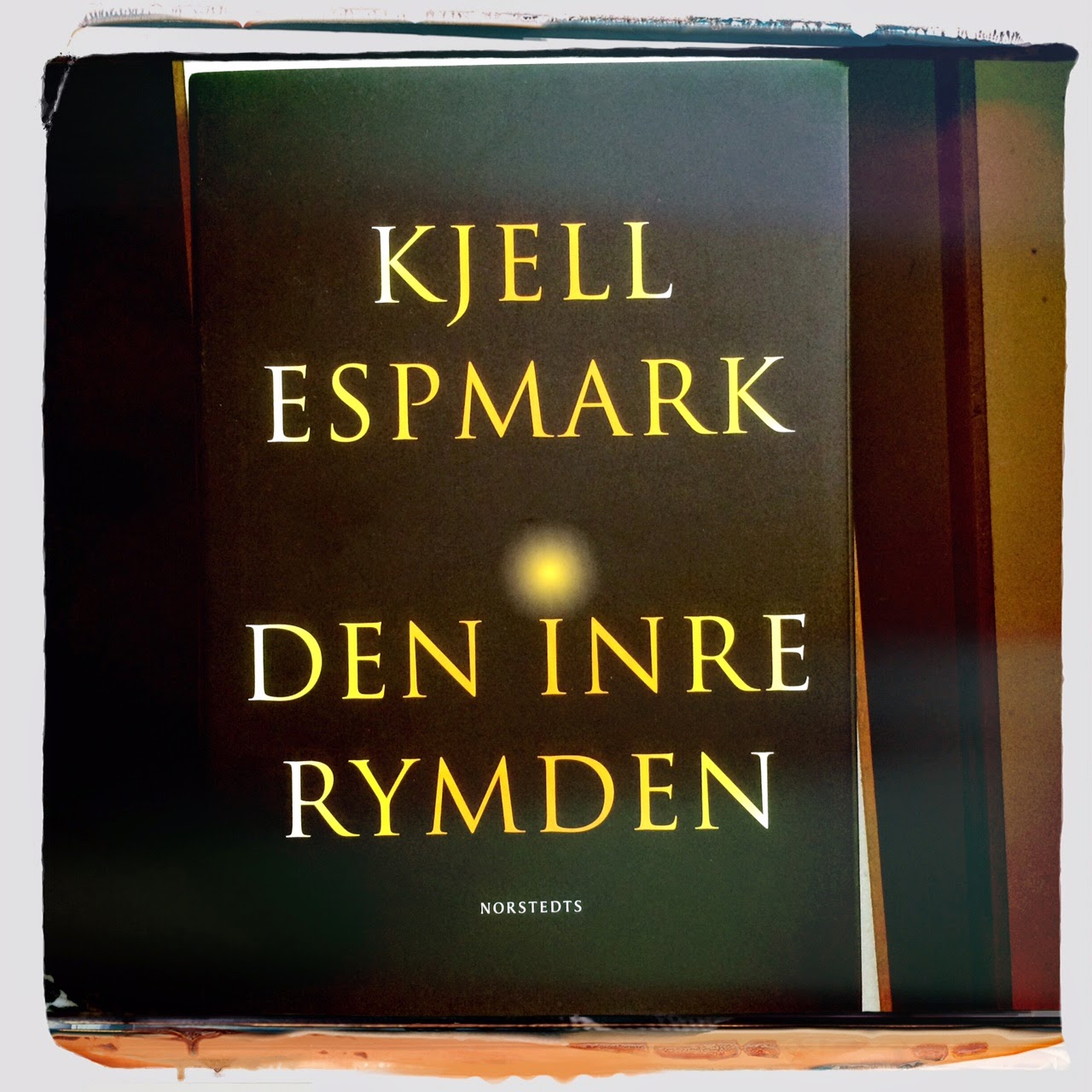Utdrag ur verket Zhuang Zi
Ryssjan finns till enkom för fiskens skull – när man väl har fångat fisken kan man glömma ryssjan. Snaran finns till enkom för harens skull – när man väl har fångat haren kan man glömma snaran. Orden finns till enkom för meningens skull – när man väl har fattat meningen kan man glömma orden. Var kan jag finna den man som har glömt sina ord, att jag må växla ord med honom?
Citatet har hämtats ur det verk som har tillskrivits den kinesiske tänkaren Zhuang Zi. Om honom vet vi endast att hans familjenamn var Zhou och att han anses ha levt mellan åren 369 och 286 före vår tideräknings början. Han var samtida med den konfucianske filosofen Mencius, men ingenting tyder på att de två någonsin träffades. Och hade de träffats hade de helt säkert talat förbi varandra, utan att kunna enas på någon punkt. Mencius, som vidareutvecklade Konfucius verklighetsnära och politiskt förankrade lära, betonade människans medfödda förmåga till moralisk förkovran. Om människan kunde återfinna sitt barnasinne – det hjärtats renhet som är hennes arvedel – kunde hon genom sitt föredöme hjälpa till att skapa en bättre och renare värld. Zhuang Zi däremot lärde, att människans föreställningar endast har relativ giltighet. Det vackra existerar endast i människans medvetande, som motsats till det fula. Det goda och det onda ryms båda i det egenskapslösa och evigt oföränderliga Dao, en i sig själv vilande verklighet, som i sig rymmer allt och intet.
Verket omfattar 33 kapitel, av vilka de sju första anses ha författats av Zhuang Zi själv. De övriga kapitlen har troligen författats av Zhuang Zis lärjungar och lärjungars lärjungar.
I detta verk, som präglas av lyrisk känsla, obändig fantasi och mystikerns djupa inlevelse försöker Zhuang Zi och hans lärjungar visa människan vägen till en sann verklighet, som ligger bortom ord och tanke. Mystikern Zhuang Zi och hans lärjungar försöker skildra den outsägliga erfarenheten, då den sökande människan når fram till den sanna insikten och skenvärldens mångfald i ett nu upphävs och sammansmälter till en odelbar och alltomfattande enhet.
Sedan äldsta tider ingick schamanistiska kultbruk i den religiösa ritualen. Redan under Zhuang Zis levnad synes schamanernas trollrunor ha satts i förbindelse med den daoistiska naturmystiken. Detta gav småningom upphovet till den daoistiska religionen, med dess blinda tro på magiska krafter och odödlighetskult. Men Zhuang Zi själv tog avstånd från dem som med allehanda knep sökte hejda livets naturliga rytm. Hans verk innehåller många underbart vackra allegoriska skildringar av döden, vilka präglas av en tillitsfull förtröstan.
Zhuang Zis filosofi har starka beröringspunkter med den senare Chan-skolan, som i västerlandet är bättre känd under det japanska namnet Zen. Liksom Zhuang Zi hävdar Zen, att människans uppvaknande till medvetande om den högsta sanningen är en ögonblicklig intuitiv erfarenhet. I förklaringens ögonblick avlägsnas allt det som tidigare har stått hindrande i vägen för människans upplysning. Utan att någonting har förändrats – ”berget är fortfarande ett berg och floden fortfarande en flod” – framstår allt i ett förklarat sken. Den som har nått fram till den andra stranden vänder tillbaka för att fortsätta sin gärning på denna stranden. Dessa tankar sammanfattas av en kort dikt av en anonym mästare, som skildrar den stillhet fylld av verklighet, dit Zhuang Zi ville leda sina medmänniskor:
Hur förunderligt, sällsamt och ofattbart!
Jag bär vatten och jag hämtar ved!
Göran Malmqvist








